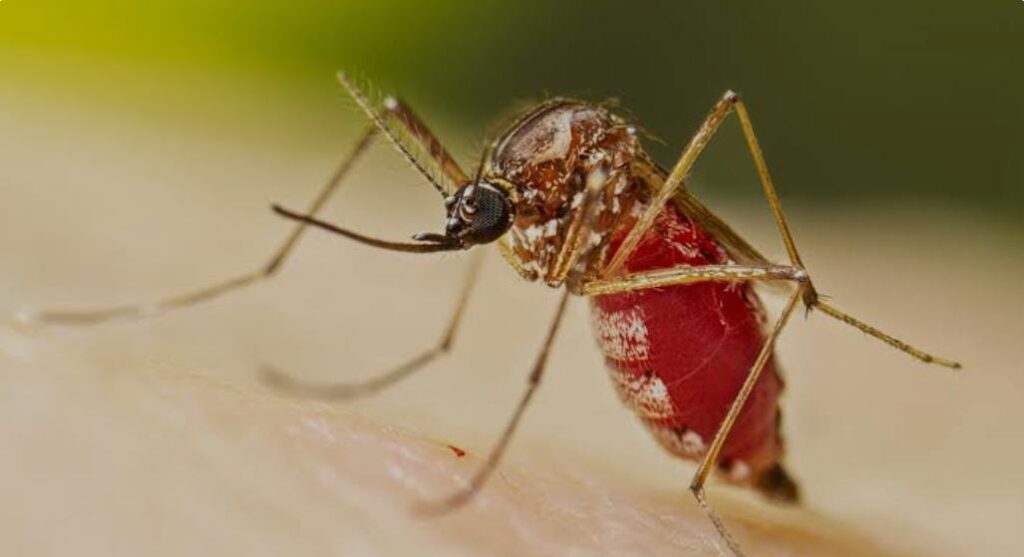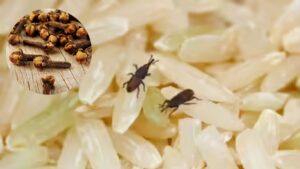Mosquito-Borne Chikungunya May Cause Months of Joint Pain and Fatigue

Mosquito-Borne Chikungunya May Cause Months of Joint Pain and Fatigue
With the onset of monsoon, health authorities are warning of a potential rise in chikungunya cases. This mosquito-borne viral illness, spread by Aedes aegypti and Aedes albopictus mosquitoes, often leads to acute symptoms such as high fever, joint pain, rashes, muscle aches, headache, and extreme fatigue. However, recent attention has shifted to the long-term effects the infection can cause.
According to health experts, while many patients recover within days, some may continue to experience joint pain and stiffness for extended periods. In certain cases, this discomfort mimics arthritis, lingering for weeks, months, or even years—especially among older adults or individuals with underlying health conditions.
The World Health Organization (WHO) recently called for urgent steps to curb the spread of the disease, highlighting the need for proactive mosquito control measures. The organization noted that climate and weather conditions, particularly humid environments and stagnant water, create optimal breeding grounds for mosquitoes, increasing the likelihood of outbreaks.
Chronic Impact on Joints
Chikungunya can trigger an aggressive immune response, leading to inflammation around joints, which explains the prolonged discomfort even after the viral infection subsides. While this is not universally experienced, a notable percentage of patients report ongoing symptoms—particularly during cold or rainy seasons.
How to Prevent Chikungunya
Prevention efforts remain key in managing chikungunya. Here are some effective steps individuals can take:
- Apply mosquito repellents with DEET, picaridin, or eucalyptus oil on exposed skin.
- Wear protective clothing such as long-sleeved shirts, pants, and covered footwear.
- Install and maintain mosquito screens on windows and doors.
- Eliminate stagnant water sources in and around homes—this includes emptying plant pots, coolers, and uncovered containers.
- Limit outdoor activities during peak mosquito activity hours, typically early morning and evening.
While chikungunya is not usually fatal, its debilitating joint symptoms can affect quality of life long after recovery. Experts stress the importance of early diagnosis, symptom management, and community-level mosquito control to prevent long-term complications and new outbreaks.












